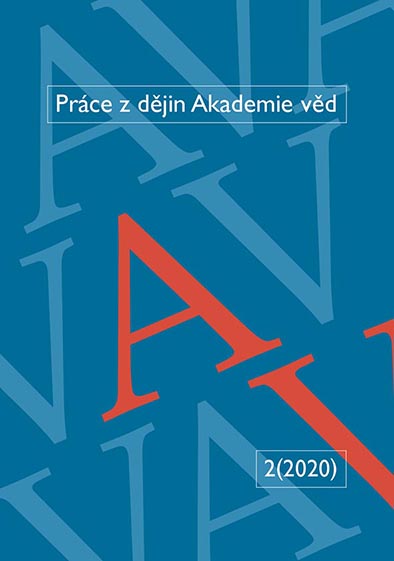Slovania v gréckom humanitno-vednom výskume do prvej polovice 20. storočia
Slavs in Greek Humanities Research until the Mid-20th Century
Author(s): Katarína DerzsiováSubject(s): History, Social Sciences
Published by: AV ČR - Akademie věd České republiky - Masarykův ústav
Keywords: Byzantine-Slavic relations; Greek Slavic studies; Balkan studies; Mikhail Laskaris; Thessaloniki; Aristotle University
Summary/Abstract: Greek Slavic studies is a young discipline of science in European Slavic studies. Political developments on the Balkan Peninsula in the early 20th century changed the character of the region and were reflected in the sphere of international relations. In the first half of the 20th century, there were no conditions for the systematic establishment and creation of Greek Slavic studies. In this paper, I attempt to record reasons why Greek Slavic studies evolved in a different way than in Central and Western Europe. Despite the fact that Greek intellectuals became aware of the linguistic, religious, and political affinity and common cultural features with the Slavs in the Balkans and in Eastern Europe (Russia), no department of Slavic studies was established in the territory of newly formed Greek state until the mid-20th century. Slavic studies and philology have become a part of a wider research into the Balkan and Eastern European history. In 1926 the first department of Slavic-Balkan studies was founded at Aristotle University.
Journal: Práce z dějin Akademie věd
- Issue Year: 12/2020
- Issue No: 2
- Page Range: 1-15
- Page Count: 15
- Language: Slovak

